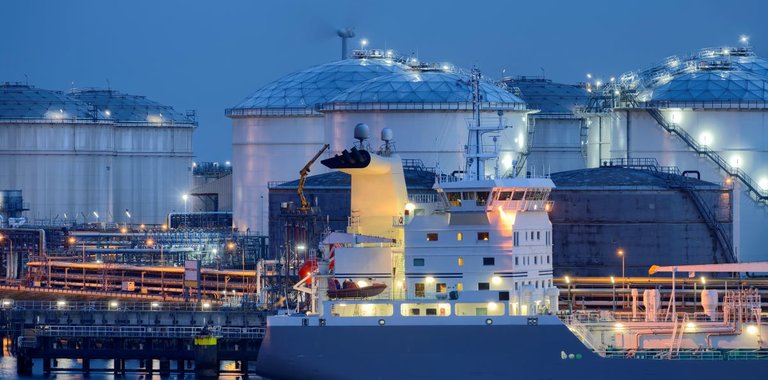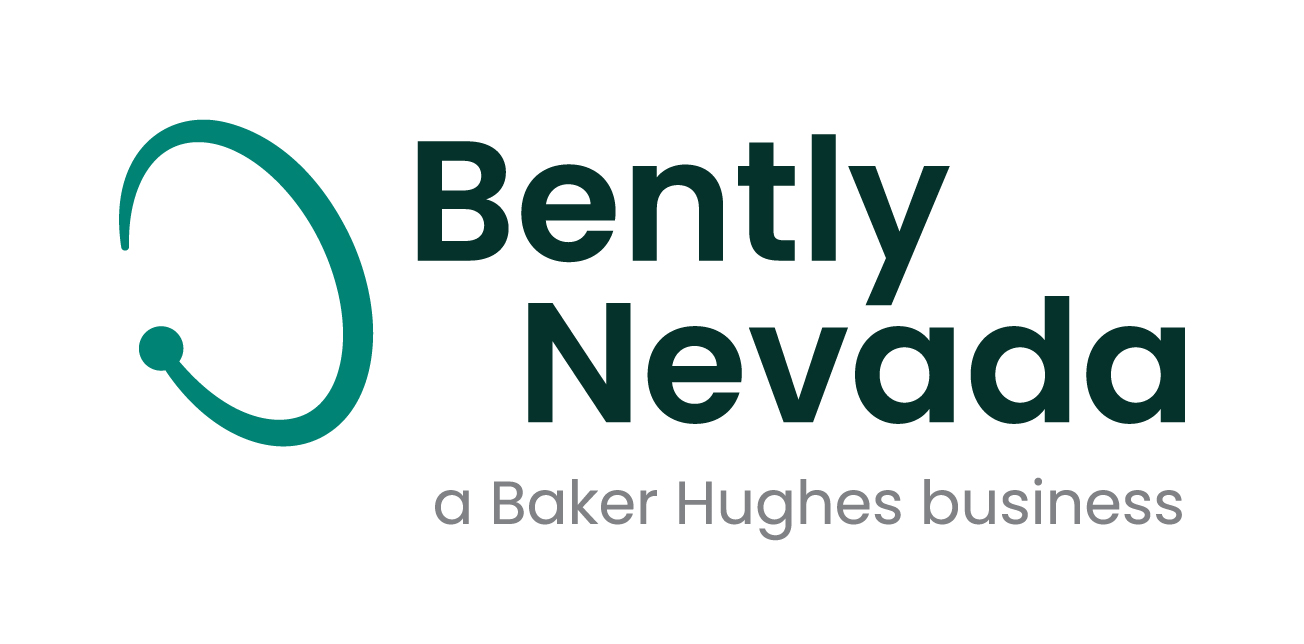
Liquified Natural Gas (LNG) Producer Saves $135 Million
In April 2021, Baker Hughes acquired ARMS Reliability as part of the Bently Nevada business. ARMS Reliability's broad range of asset management and reliability solutions, software, and expertise expands Bently Nevada's portfolio and offers customers unparalleled capabilities in Asset Performance Management
The LNG company was interested in exploring maintenance strategy optimization as a means to accomplish their business objectives, such as reducing risk, improving production, and as a result, achieving better cost-effectiveness. Additionally, the company was experiencing new failure modes in their turbines, pumps, and fin fans, causing equipment failures and threatening unplanned shutdowns.
Lacking the internal resources to complete the review, the company engaged ARMS Reliability to conduct a large-scale, two-part study – one part focused on Reliability Centered Maintenance and the other focused on Preventive Maintenance Optimization – to help them improve asset reliability.
The company wanted ARMS to: help reduce the business’ costs and risks by optimizing their asset-management strategies; create maintenance strategies for their valves; deliver new strategies as computerized maintenance management system [CMMS] load sheets; identify flaws and defects within the existing preventive maintenance programs for turbines, pumps, and fin fans; determine new possible failure modes for this equipment; and update the organization's existing strategies for cost-effectiveness.
ARMS Reliability's objectives for the study included:
- reducing the number of corrective work orders
- optimizing total work hours required to maintain equipment
- improving reliability performance for key assets
- optimizing maintenance strategies for high-priority systems
The client chose ARMS Reliability based upon its technical expertise and proven experience optimizing maintenance strategies on projects in the oil & gas and petrochemical industries. ARMS’ solutions for maintenance-task development have been demonstrated to be 2-6x more efficient than traditional approaches, and ensure operating context is considered in failure-mode mitigation.
-
$115 million in potential savings for the Waste Water System, a 59% cost cut
-
$11 million in savings for the Fired Heaters System, a 52% cost cut
-
$9 million in savings for the Heat Exchanger System, a 54% cost cut.


